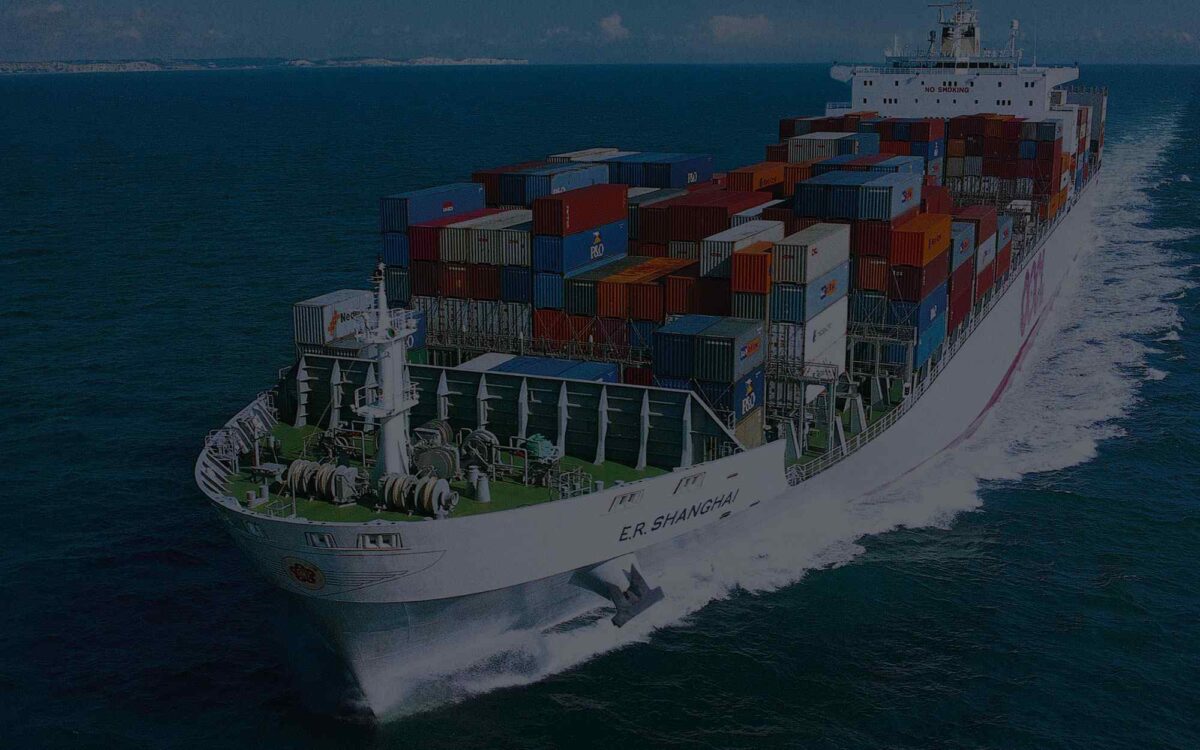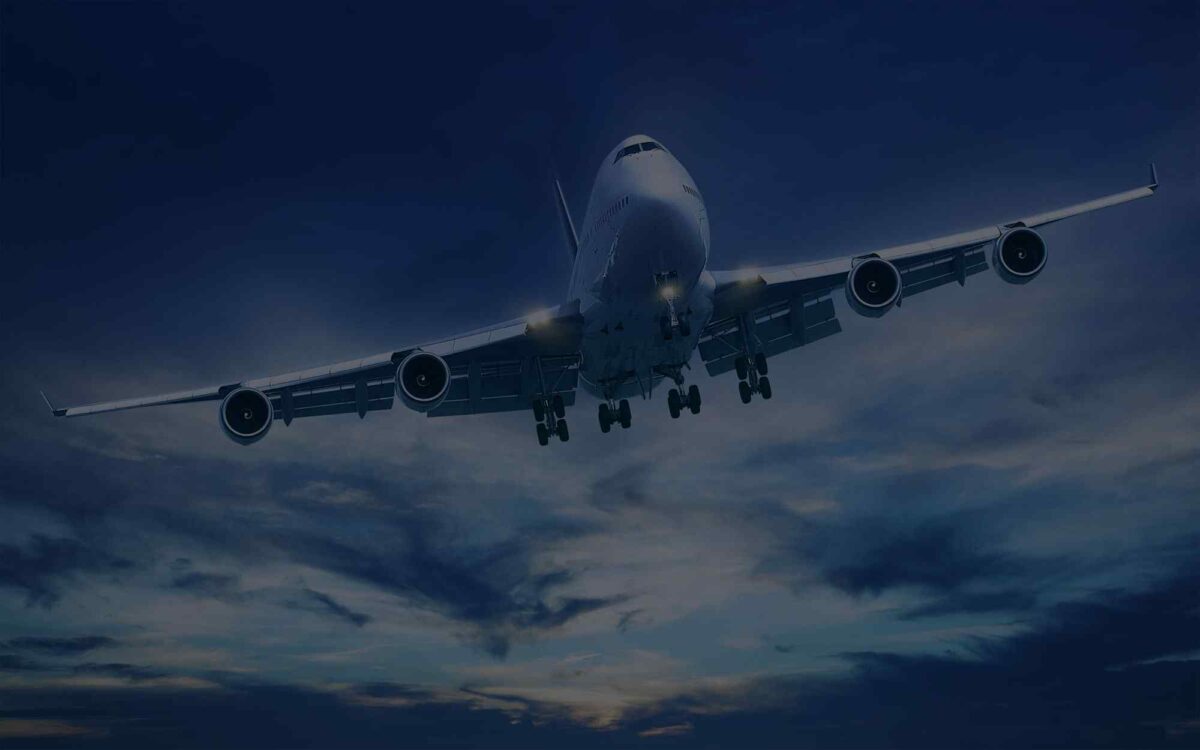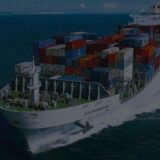Roadways are a crucial means of transport in America. They provide people and vehicles to commute a wide range of locations and help them to reach their destination without any hiccups. Road transport is the process of transporting goods or people from one destination to the other via roads. Road transportation is still the most heavily used mode of freight delivery service in Utah and any other regions of America. Even though marine, air or rail transport would be largely used means of solution for bigger size freight services for long distances, road transport will be dominating the freight delivery service across America for a long time.
With the evolution of the transport industry and the growth of many freight delivery service companies in the world, it would be very much unclear for the person in need of transport facilities in deciding which mode of transport would best suit their requirements. Hence it is important to understand the distance, the volume of delivery goods and speed of service for deciding on which model to prefer. Road transport is the most used of all the transport services available in the industry with the best freight delivery services in Utah like Unity Service Courier. If you even use air/water/train transport for transporting goods from one country to another, you must use road transport for delivering them to their precise destination.
Advantages of road transport:
-
Less Capital Expense:
There are many advantages to road transport services when compared to other modes of transport. When you look at the capital required for road transport, it is very less than the other means of transport like air, water or rail. Even the charge for constructing, maintaining and operating roads is very less than that of railways and air transport.
-
Door to Door Service:
The unmatched benefit of road transport is that it gives door to door service for all the freight deliveries. Road transport is the only extensive system that gives transportation to the final destination. When you compare this to a rail or air transport where you need to make a delivery to the transportation terminal and get into the rail or plane after completion of several security checks. Later after reaching another terminal you have to take another mode of road transport to reach your place of destination. Also, these transportation terminals are usually not inaccessible areas as compared to road transport. With road transport, you can just load the items from your place, drive and unload it right at your required destination.
-
Service in Remote Areas:
Road transport is best applicable for transporting goods to and from remote areas that are not connected by other means like rail, air or water transports. The trade-off for goods between cities and small villages happens majorly via road transport.
-
Flexibility:
Road transport possesses has a huge benefit from other modes of transport, that is the flexibility which it provides. The routes and timings can be altered easily and quickly according to individual needs without much problem.
-
Suitable for Short Distance:
Road transport provides a faster and less costly means of transporting goods over short distances. Other modes of transport like water, air or rail may incur delays in transit of goods with loading and reloading required in multiple locations. In road transport than it can be loaded directly into a single vehicle and later transported directly to the final destination.
-
Lesser Risk of Damage in Transit:
As the multiple instances of loading and reloading are negated, there would be very little chance of harm to the transported goods. Hence road transport is best suited for transporting delicate goods that have more possibility of being damaged during numerous stages of loading and unloading.
-
Packing charges saved:
The procedure of packing the goods in road transport is very minimal while compared to other means of transport, where they would need to ensure safety for multiple loading and unloading process.
-
Rapid Speed:
If you need to transport goods with short notice, then road transport is much preferred that rail or water transport. With the other transports, it requires extra time to book the goods and taking their delivery.
-
Less total cost:
With road transport, you will not only need only less investment to start with but the capital for operating and maintenance is relatively less. When you consider all the costs of multiple loading and unloading, packaging, etc. the overall cost of road transport will be less.
-
Initiating own road service.
Another benefit of road transport is that if you have frequent delivery of your products or any other business-related items, then you can start your road services by your private vehicles, according to your capital investments. This will help to deliver the products without any delay regularly. Road transports also have provisions to use any type of vehicle like private cars, public buses, sharing vehicles, two-wheelers, etc. This will meet the needs of different kinds of services.
-
Connecting other Modes of Transport:
Even if air or rail transports may be used for long-distance transports, the end destinations in both the starting and end phase require the use of road transport. It acts as a connecting link to other modes of transport.
Summary:
No matter where you need to deliver freight, goods, and supplies from one place to another in America or to the world, you have to surely use road transport. Without the road transport services in Utah or any other states of America, life would be very much difficult without the adequate delivery of goods and any other essential items in a very short requirement time.
Ranking up your needs related to cost, packaging, the volume of the goods and comparing the costs is very important in planning and selecting the best means of transport. With freight delivery services in Utah like Unity Service Courier, you will be assured to get the best transport services for any of your specific requirements.







